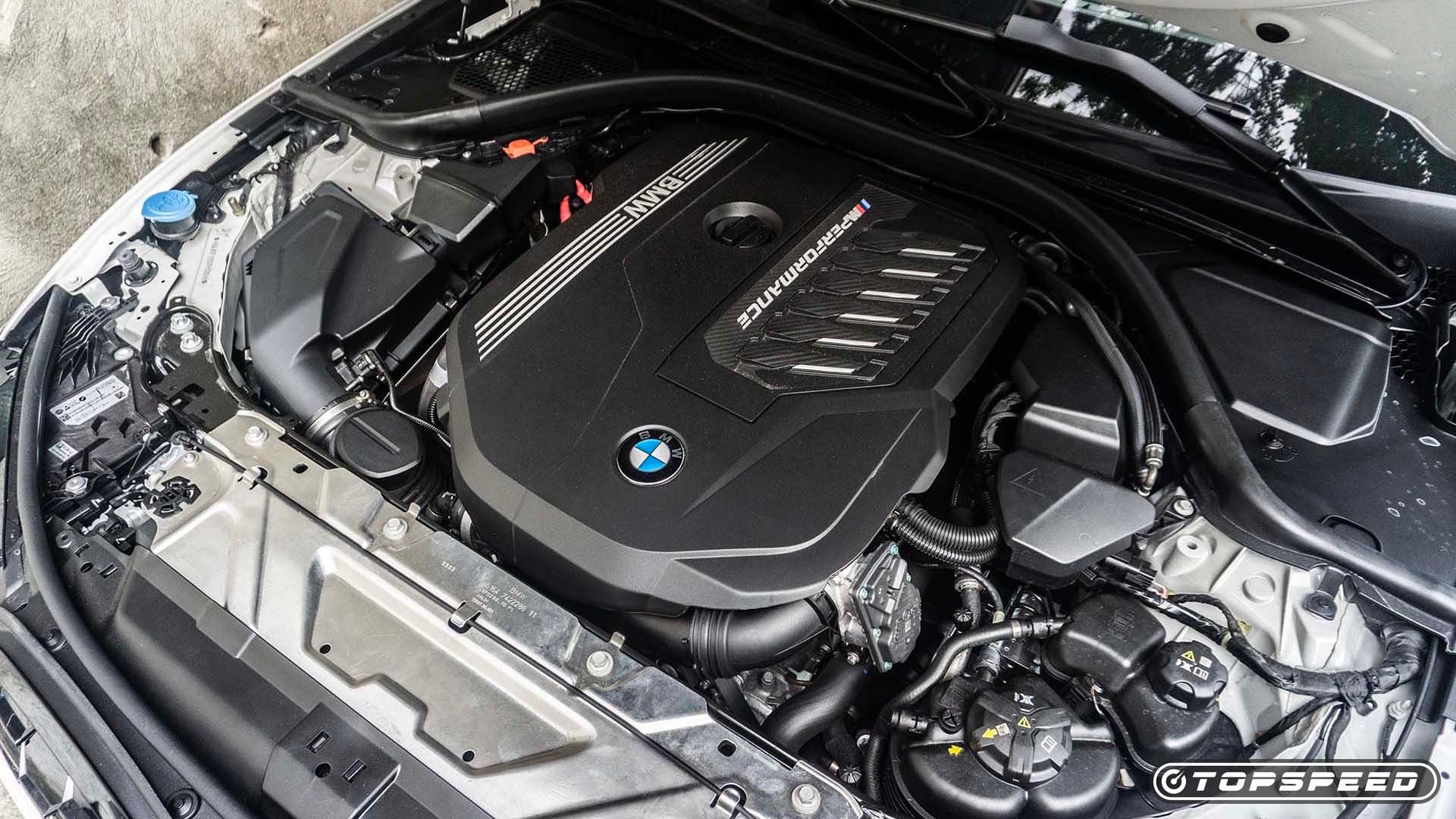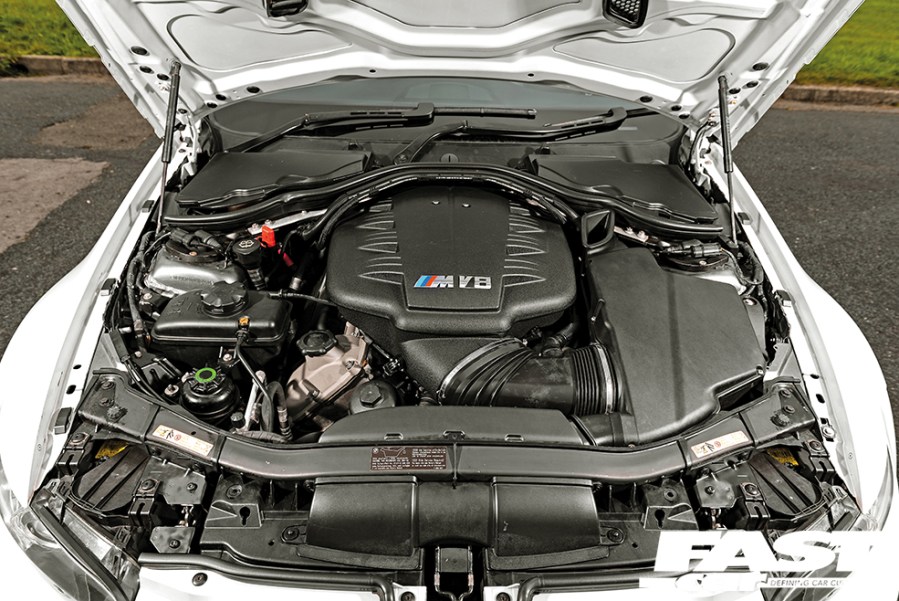The Development of the BMW Engine: A Look Back at Iconic Versions
The Development of the BMW Engine: A Look Back at Iconic Versions
Blog Article
Introducing the Intricacies of Next-Generation Power Units: a Deep Study Advanced Engine Layouts and Innovations
In the world of automobile design, the unrelenting search of performance, sustainability, and efficiency has moved the evolution of power systems to unmatched heights. As we base on the precipice of a new period in transport, the complexities of next-generation engine designs bid us to discover the innovative technologies and technologies that promise to redefine the driving experience. From innovative materials that push the borders of resilience and weight reduction to sophisticated turbocharging and supercharging systems that boost power outcome to new degrees, each component of these power units holds an essential to unlocking the future of auto engineering. Diving deeper right into the worlds of emission control, smart engine administration systems, and the perspective of power system advancement, we find ourselves on the cusp of a makeover that guarantees to improve the landscape of wheelchair as we understand it.
Development of Engine Products

The change towards advanced engine materials has likewise enabled engineers to develop engines with higher power outcomes while maintaining gas efficiency standards. The use of lightweight materials decreases the overall weight of the engine, leading to improved fuel economy and lower emissions. Additionally, developments in materials modern technology have enabled far better thermal management within engines, resulting in enhanced reliability and longevity.
Turbocharging and Supercharging Technologies
Just How do Turbocharging and Supercharging Technologies reinvent engine performance and efficiency in modern-day automobiles? Turbo charging and turbocharging are modern technologies that dramatically improve engine performance by enhancing the amount of air consumption into the burning chamber. Turbocharging achieves this by using a wind turbine driven by exhaust gases to pressurize the consumption air, while turbo charging uses a belt- or chain-driven compressor to achieve the very same effect.
These modern technologies allow smaller, a lot more fuel-efficient engines to generate power comparable to bigger ones, understood as downsizing. By forcing more air right into the cylinders, turbocharging and supercharging improve burning efficiency, leading to increased horsepower and torque result without a significant boost in engine size. This causes far better acceleration, pulling capability, and total driving performance.
In addition, turbocharging and supercharging add to improved gas performance by allowing the usage of smaller engines that consume less fuel under regular driving conditions - bmw engine. This combination of improved performance and efficiency has made turbocharging and turbo charging essential elements of lots of contemporary engine layouts
Emission Control and Environmental Effect
With boosting international issues pertaining to air top quality and environmental sustainability, the implementation of discharge control innovations in cars plays an important function in lowering harmful pollutants released right into the ambience. Modern vehicles are equipped with sophisticated emission control systems that help lessen the ecological influence of automotive procedures. Catalytic converters, as an example, are designed to transform toxic gases such as carbon monoxide gas, nitrogen oxides, and hydrocarbons right into much less harmful substances like co2 and water vapor.
Moreover, innovations in engine modern technology, such as the assimilation of exhaust gas recirculation systems and discerning catalytic reduction, have substantially added to reducing emissions. These technologies operate in tandem to maximize combustion performance and minimize the launch of harmful pollutants into the air. Additionally, the growth of crossbreed and electrical automobiles stands for an important step towards minimizing the overall ecological impact of the transportation field.
Intelligent Engine Management Systems

Furthermore, these systems enable cars to fulfill rigid emissions requirements without compromising efficiency, offering an extra eco-friendly driving experience. The integration of artificial knowledge and machine understanding abilities in engine management systems remains to push the borders of what is possible, causing further enhancements in efficiency, dependability, and total car efficiency. bmw engine. As automotive innovation breakthroughs, intelligent engine administration systems will certainly play a vital role fit the future site web of transport towards an extra sustainable and effective direction
Future Trends in Power System Development
As intelligent engine administration systems lead the way for boosted control and optimization in contemporary vehicles, future fads in power system growth are positioned to redefine the landscape of automobile propulsion modern technologies. One of the crucial trends driving innovation in power unit advancement is the change towards electrification. With a boosting emphasis on sustainability and reducing carbon emissions, hybrid and electric powertrains are ending up being extra widespread in the auto sector. These different source of power offer improved efficiency and performance while aligning with stringent environmental laws.
An additional considerable fad is the integration of advanced products and producing techniques. Light-weight products such as carbon fiber and light weight aluminum are being utilized to lower total vehicle weight, enhancing gas effectiveness and performance. In addition, innovations in 3D printing and additive production are making it possible for the manufacturing of complicated engine elements with higher accuracy and durability.
Additionally, expert system and device learning are playing a crucial function in maximizing power unit efficiency. These modern technologies permit real-time tracking and adaptive control, resulting in more reliable and reputable power delivery. On the whole, future trends in power device growth are tailored towards performance, performance, and sustainability, driving the automobile sector towards a new age of propulsion modern technologies.

Verdict
In final thought, the advancements in engine materials, turbocharging, discharge control, and intelligent description management systems have actually paved the method for next-generation power units. The intricate layouts and innovations in modern engines showcase the continuous development of auto technology.
Exploring the dynamic advancements in engine materials has been critical in improving the performance and performance of modern engines. Over the years, the evolution of engine materials has played a vital duty in pressing the limits of what engines can achieve.The shift towards progressed engine products has actually additionally made it possible for designers to design engines with higher power results while keeping gas performance requirements.The application of smart engine monitoring systems in contemporary automobiles has transformed the way engines are controlled and optimized for efficiency and performance. By gathering data in real-time and evaluating it with sophisticated formulas, smart engine administration systems can adjust to driving designs, environmental elements, and engine health to take full advantage of power outcome while lessening fuel consumption and exhausts.
Report this page